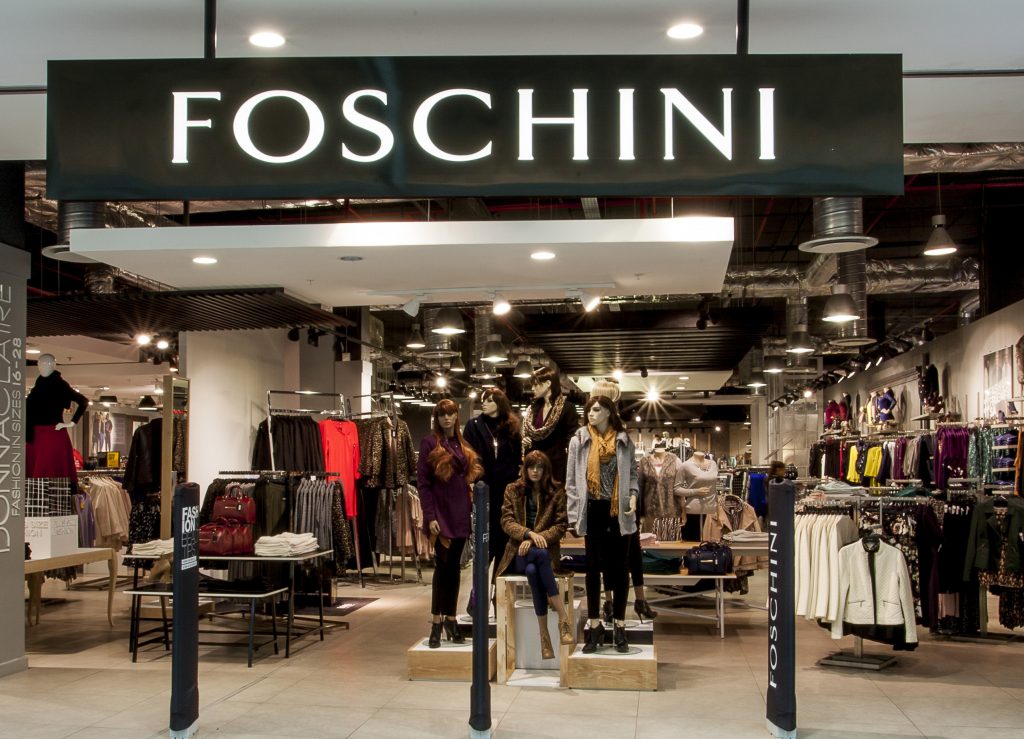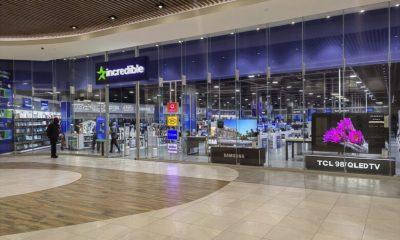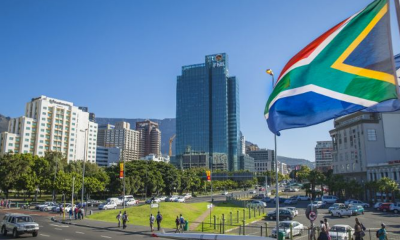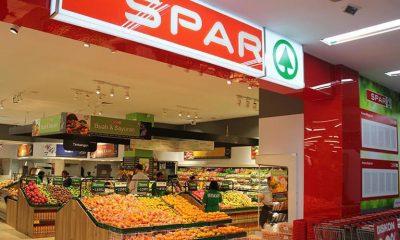Business
The Foschini Group Reports Decline in Headline Earnings Despite Record Gross Profit and Online Growth

The Foschini Group Reports Decline in Headline Earnings Despite Record Gross Profit and Online Sales Growth
The Foschini Group (TFG), a leading retail company, has announced its financial results for the six months ending September 2024. The group reported a decline in headline earnings, influenced by a challenging retail environment and net store closures across its operating territories. Despite the dip in earnings, TFG achieved a record gross profit, highlighting the ongoing shifts within its business model and the significant growth in its online segment, especially in South Africa.
Performance Overview: H1 2024 Financial Highlights
For the six months ended September 2024, TFG reported a slight decrease in group revenue, down by 1.4% to R27.98 billion, compared to R28.36 billion in the same period last year. Despite the drop in revenue, the cost of turnover decreased, resulting in a record gross profit of R12.8 billion, up by 2.5%.
However, profits after tax fell by 4.3% to R1.2 billion, down from R1.25 billion in the prior period. Headline earnings per share were also lower, declining by 5.6% to 371.6 cents, compared to 393.6 cents in 2023. In contrast, TFG declared an interim dividend of 160 cents per share, marking a 6.7% increase from the previous year’s 150 cents.
| Features | 1H24 | 1H25 | Change |
| Revenue (Rm) | 28,360.9 | 27,975.0 | -1.4% |
| Gross profit (Rm) | 12,484.7 | 12,801.6 | +2.5% |
| Profit after tax (Rm) | 1,252.2 | 1,197.8 | -4.3% |
| Headline earnings per share (cents) | 393.6 | 371.6 | -5.6% |
| Dividend (cents) | 150.0 | 160.0 | +6.7% |
| Total stores (number) | 4,766 | 4,720 | -1.0% |
Sales Decline and Store Closures Amid Challenging Conditions
The group’s sales performance was impacted by difficult trading conditions across its various markets. TFG attributed the decline to a high clearance-driven sales base in TFG Africa during the comparative period. The total number of stores decreased, with a net closure of 46 stores, reducing the store count to 4,720 from 4,766. The highest number of closures was in TFG London, with a net reduction of 39 stores due to inventory delays, inflation, and high interest rates.
Online Segment Shows Strong Growth
Despite the decline in physical store presence, TFG’s online segment experienced robust growth. Group online sales increased by 9.9% to R2.8 billion, contributing 10.7% to total retail sales. The South African market was a key driver of this growth, with online sales via TFG’s Bash platform rising by an impressive 47.9%.
This growth reflects the increasing consumer shift towards online shopping, driven by convenience and the expansion of TFG’s digital offerings. The company has been investing heavily in its e-commerce infrastructure, which is paying off amid changing consumer behavior.
Mixed Performance Across Global Markets
TFG’s performance varied across its major markets:
- TFG Africa: The African segment reported a marginal revenue increase of 0.6%, with significant sales growth in cosmetics (11.6%) and homeware (6.1%). The gross profit for this segment reached a record R7.6 billion, an increase of 6.6%. The group has also expanded its beauty offerings across more brands, strengthening its market position.
- TFG London: The London business faced setbacks due to supply chain disruptions, high inflation, and elevated interest rates. The group recently acquired UK retailer White Stuff for GBP51.7 million (approximately R1.1 billion). This acquisition will add 113 stores and 46 concessions in the UK to TFG’s portfolio, with additional stores in Europe. This move is expected to enhance TFG’s footprint in the UK market, although these changes were not reflected in the H1 2024 results.
- TFG Australia: The Australian business also struggled due to persistent inflation and high interest rates, leading to lower consumer demand. The group is working to adapt its offerings to meet changing consumer preferences in the region.
Positive Outlook for TFG Africa
Looking ahead, TFG remains optimistic about its African operations. The group highlighted improved trading activity from September to November 2024, with sales in TFG Africa up by 8.3% in the five weeks ending 2 November 2024. The outlook is further supported by positive economic developments in South Africa, including the formation of the Government of National Unity, the suspension of load shedding, and the implementation of the two-pot retirement system.
The Foschini Group plans to continue investing in its current business model, focusing on strengthening its digital and online presence while optimizing its physical store network. The recent acquisition of White Stuff is expected to enhance the group’s international portfolio, providing new growth opportunities.
Conclusion
Despite facing economic headwinds and reporting a decline in headline earnings, The Foschini Group has shown resilience by achieving record gross profits and expanding its online sales. The group’s strategic focus on enhancing its digital platform and expanding its beauty and homeware offerings is paying off in the South African market. As TFG navigates the challenges in its international markets, its recent acquisition of White Stuff and the positive outlook for TFG Africa indicate potential for growth in the upcoming periods.
With continued investments in e-commerce and strategic acquisitions, TFG aims to capitalize on emerging market opportunities, setting the stage for a stronger performance in the latter half of the financial year.



























